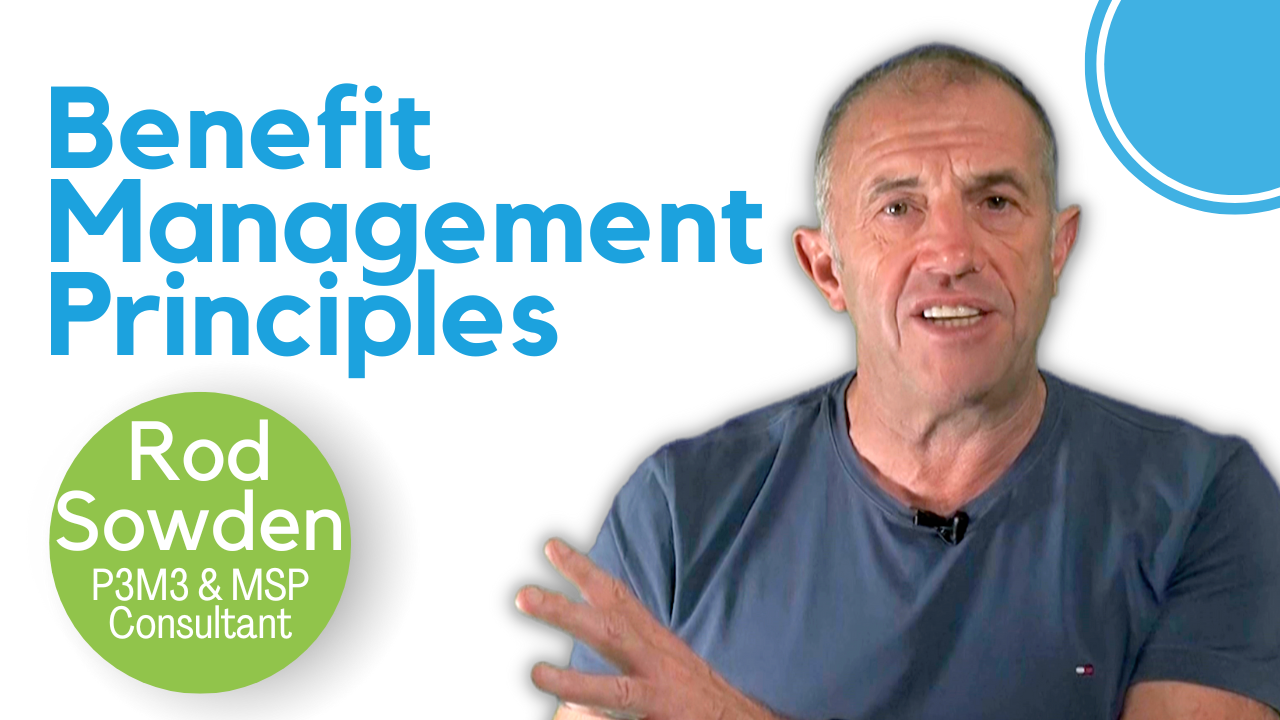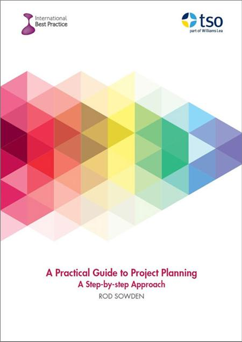
Rod has recently recorded a number of quick informative videos on a number of topic so have a listen to Rod’s quick top tips on the principles of applying Benefits Management here
eLearning Log in
Login here using your username and password

Fresh Look: Is a series of articles taking a look at common topics to try to come up with some new ideas and insight into problems that seem to repeat themselves across many organisations.

Is your programme exhibiting any of these characteristics?
If that is the case, your programme probably does not have a blueprint, and is probably out of control.
In this article, we liken a programme to a yacht and explain how it is not what you see on the surface that is providing the control, it is what happens below the waterline that is important. If your programme is exhibiting any of these characteristics then the article is for you.
One of the interesting lessons that has intrigued us over the last year has been the role of leadership in relation to programmes. How many of you have worked on a programme where a major risk has materialised, but the programme board have been in denial?
We don’t normally think of programme management and mountaineering in the same sentence, but we came across a book called “Project Management, Denial and The Death Zone” by Grant Avery. He draws comparisons between the Everest 1996 climbing tragedy and how major projects and programmes run into trouble and the lessons we can learn as delivery professionals.
We have put together a video summary of the scenario and the lessons for our graduate programme with University of Cumbria, we hope you enjoy it.

We wrote the planning book because we saw so many organisations struggling with the quality of their planning. Schedule problems normally happen because of a lack of preparation in the early stages of the project rather than issues with the schedule itself.
Fresh Look – Is a series of articles taking a look at common topics to try to come up with some new ideas and insight into problems that seem to repeat themselves across many organisations.

In a world of information overload it is very easy to lose sight of what matters, so this is the first in a series of posts that revisit to remind about some core concepts so what could be more important than planning
One of the great mysteries of our profession is planning. For most of our clients, project and programme management is all about having a plan, and yet most of our professional qualifications don’t actually involve much planning, in fact some of them go out of their way to avoid it like PRINCE2.
So we shouldn’t really be surprised that so many projects run late or go wrong. There is a sequence to events that are needed to bring a good plan together. In this article we have set out this sequence for you to consider – Planning – back to basics
Now, if you are really interested in finding out more about planning and how you can improve your performance, check out our book.


We wrote the planning book because we saw so many organisations struggling with the quality of their planning. Schedule problems normally happen because of a lack of preparation in the early stages of the project rather than issues with the schedule itself.

We wrote the planning book because we saw so many organisations struggling with the quality of their planning. Schedule problems normally happen because of a lack of preparation in the early stages of the project rather than issues with the schedule itself.
We wrote the planning book because we saw so many organisations struggling with the quality of their planning. Schedule problems normally happen because of a lack of preparation in the early stages of the project rather than issues with the schedule itself.

Aspire Europe Ltd has been at the heart of developing best practice for the last 15 years as lead authors of MSP(R), P3M3(R) and a range of other books.
Recent work on maturity assessments using P3M3® has shown that many organisations have a fundamental weakness when it comes to planning their changes.
Based on the findings, the P3M3® lead author, Rod Sowden, goes back to some basic concepts as a reminder. To read more, click here

We wrote the planning book because we saw so many organisations struggling with the quality of their planning. Schedule problems normally happen because of a lack of preparation in the early stages of the project rather than issues with the schedule itself.